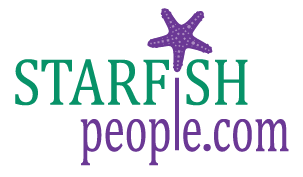The Government announced on 20 March 2020 that it will provide grants to employers under the Coronavirus Job Retention Scheme to enable employers to continue paying employees who would otherwise be made redundant. The employees can be put on a period of “furlough”, during which they do not perform work for the employer, and HM Revenue and Customs will reimburse the employer for 80% of the wage costs relating to the worker, up to a maximum of £2,500 per month. The grants can be backdated to cover wages from 1 March 2020.
Some employers facing immediate financial difficulty because of the coronavirus (COVID-19) crisis will have given notice of redundancy to employees before the scheme was announced. These employers can ask the employees to agree to the withdrawal of the notice, and to agree to a period of furlough instead.
Once notice of redundancy has been issued to an employee, it is legally binding and cannot be unilaterally withdrawn by the employer, even if the employee is still working out their notice period. Therefore, the employer must obtain the express consent of the employee. In the circumstances, it is likely that employees will agree to keeping their jobs, while staying at home on reduced pay, as an alternative to redundancy. The employer can agree to top up the wages of the employee, so they are paid in full, but it is not obliged to do so.
If you’re looking for advice on this subject and want to know how the changes will impact your business.
Contact us by completing our secure contact form

Alternatively call us direct on 01243-607357, or email [email protected]


